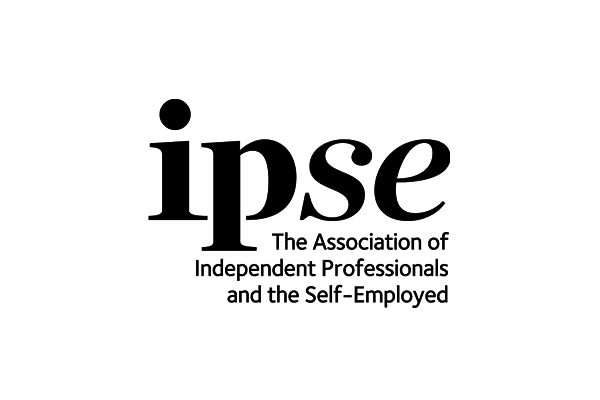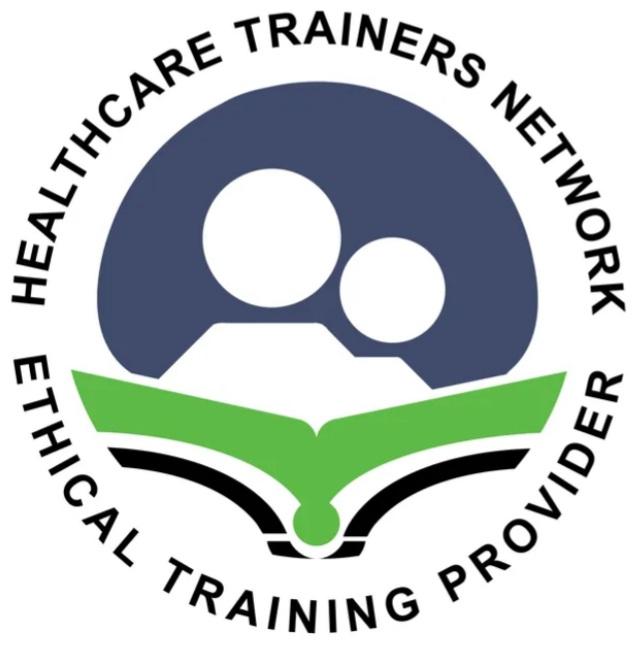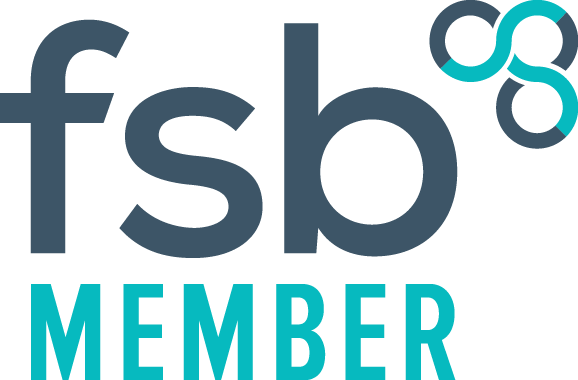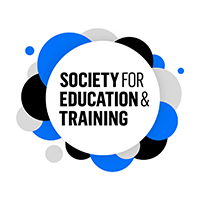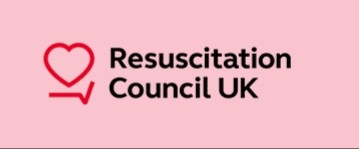Defibrillators available from my referral partner
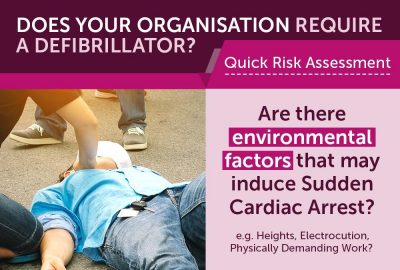
It gives me great pleasure to announce that I'm now working as a referral partner with an (AED) defibrillator supplier in the UK.
For all your Automated External Defibrillator requirements please contact: Quoting - Avanti Training Solutions
Andrew Deptford Tel: 01529 421111 or email: andrew@aadefib.com
Defibrillator models:
Heartsine 360P
Cardiac Science Powerheart G5
Physio-Control CR2 USB
Weatherproof Outdoor Cabinets (all types available)
Indoor Brackets and Cabinets
Wall Hangers
Student First Aid - Secondary Education
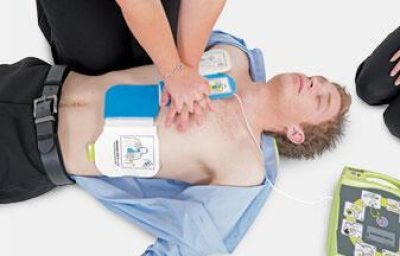
Student First Aid is an essential life skill and knowledge based programme that every young person should attend.
Whether students attend the programme at school or in the local community, learning how to provide first aid care will help to save lives.
I have just become a registered and qualified Student First Aid Instructor, able to deliver Level 2 Award in Student First Aid.
The programme has been specifically designed to coincide with health education lessons taught in secondary schools, following the Government's announcement to make health education compulsory from September 2020.
The course is 3 hours and every student will receive a manual to take away for future reference.
London Hearts Charity - proud supporter & registered CPR Instructor
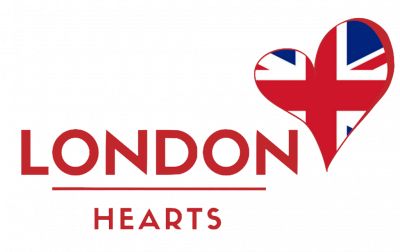
London Hearts supply Defibrillators (AED) and Defibrillator (PAD) cabinets to communities around the UK.
They partner with all the main AED manufacturers, packages are available. Apply for a AED for your community today contact via Email: info@londonhearts.org or Tel: 02070 432 493
Visit the website for more information
Have you thought about managing the risks in your workplace?
Remember, managing safety in the workplace is a legal requirement and all employers must be able to demonstrate compliance that they have acted to keep their workplace activities safe.
Empowering individuals and business owners to take safety in their own hands.
Employers’ legal duties:
The Health and Safety (First Aid) Regulations 1981 require employers to provide adequate and appropriate equipment, facilities, and personnel to ensure their employees receive immediate attention if they are injured or taken ill at work. These Regulations apply to all workplaces including those with less than five employees and to those who are self-employed.
What is ‘adequate and appropriate’ will depend on the circumstances in the workplace. This includes whether trained first aiders are needed, what should be included in a first-aid box and if a first aid room is required. Employers should carry out an assessment of first aid needs to determine what to provide.
The Regulations do not place a legal duty on employers to make first-aid provision for non-employees such as the public or children in schools. However, HSE strongly recommends that non-employees are included in an assessment of first aid needs and that provision is made for them.
Assessment of first aid needs:
Employers are required to carry out an assessment of first aid needs. This involves consideration of workplace hazards and risks, the size of the organisation and other relevant factors, to determine what first aid equipment, facilities and personnel should be provided.
First aid at work: Your questions answered. Download a free HSE leaflet, which contains a useful checklist covering the points employers should consider when carrying out their assessment. https://www.hse.gov.uk/pubns/indg214.htm
Health and Safety Executive:
The Health and Safety (First Aid) Regulations 1981.
Guidance on Regulation go to
https://www.hse.gov.uk/pubns/books/l74.htm
https://www.hse.gov.uk/firstaid/
Avanti Training Solutions:
Facilitating individuals to learn and understand the safety requirements and implication for their businesses and employees (basic skills that are transferable to daily and family life), to keep themselves and others safe and knowing what to do if things do go wrong.
My role as a freelance instructor, and my mission, is to help to create a nation of life savers by training people in emergency first aid. Sign posting and promoting mental health first aid, including other topics such as: fire safety, health and safety, manual handling in the workplace.
First aid for Schools (PSHE) FLAT STAN workshops, now updated with a digital resource for teachers.
Teaching educational first aid is part of the personal, social, health and economic education, is an important and necessary part of all pupils’ education (PSHE) curriculum for primary schools.
I know how crucial it is to be able to understand the signs and symptoms when someone has a potential life-threatening event.
During the early hours whilst in bed on the 17th of November 2020, I awoke abruptly with terrible chest pain and a numbness in my left arm, bathed in perspiration – my wife woke and asked what the matter was, at the time I did not want to worry her but had a good idea what was happening to me.
I told her to go and get me an aspirin tablet, which I chewed (aspirin is an antiplatelet medication that helps to thin the blood) it also helped with the pain.
My wife then dialled 999 for an ambulance, when the crew arrived, they attached me to a monitor and confirmed that I was having a heart attack and rushed me to hospital where I underwent a cardiac procedure known as angioplasty.
Definition:
First aid is the first and immediate assistance given to any person suffering from either a minor or serious illness or injury, with care provided to preserve life, prevent the condition from worsening, or to promote recovery.
It includes initial intervention in a serious condition prior to professional medical help being available, such as performing cardiopulmonary resuscitation while waiting for an ambulance, as well as the complete treatment of minor conditions, such as simply applying a plaster to a cut. First aid is generally performed by someone with some basic medical training (although not essential). Mental health first aid MHFA is an extension of the concept of first aid to cover wellbeing and mental health.
Providing First Aid during Covid-19 policy position (HSE)
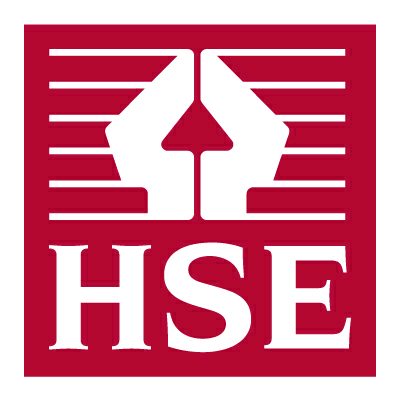
First aid training during coronavirus restrictions in place on 15th January 2021
First aid training in England
The policy position of the Health and Safety Executive (HSE) is that first aid training required to comply with health and safety, or other legislation can continue to take place under relevant coronavirus restrictions in England. All possible measures must be taken to ensure that both training activities and environment are COVID-19 secure.
Under current restrictions, some premises are closed to the public or are prohibited from carrying out their normal business. These premises can be considered for use as training venues, providing the conditions outlined above are adhered to.
All businesses and individuals should adhere to current regulations and follow relevant Government guidance: Follow this link.
https://www.gov.uk/coronavirus?gclid=EAIaIQobChMI3dfV3cyb7gIVkb7tCh0Ihgq3EAAYASAAEgKA5_D_BwE
First Aid, Covid-19 and Social Distancing
First Aid, Coronavirus (Covid-19) and Social Distancing
With rules around social distancing tightening almost daily we are confronted quite often with confusing information regarding personal space and how we physically interact with each other on every level in society.
As a qualified, accredited first aid and CPR training instructor, I do not have all the answers however I seek to offer some tips and words of support to those feeling overwhelmed right now.
- Minimise any risk of danger
First, and foremost when assessing a casualty, you should always prepare as if everyone you are assisting is infected with any type of virus, not just focused on Covid-19 only.
As first aiders our initial priority must always be minimise the risk of danger to ourselves prior to helping someone else. This golden rule never changes regardless of whether we are in pre or post Coronavirus pandemic period. After all, if we fail to keep ourselves safe and healthy, we will not be of much use to the casualty.
Long before the Covid-19 pandemic hit, as first aiders we have always known there to be a lot of potential hazards when coming to the rescue of others.
That is all part and parcel of what we sign up for when we decide to become a first aider.
In the case of assisting a casualty who may be suffering from a contagious infectious disease we simply need to continue treating every situation as if every casualty is infected potentially with everything, implementing those safeguards we have always been trained to use when rendering first aid and now especially when providing CPR.
- Take precautionary measures
So, in addition to the usual cross infection precautionary measures such as using barrier aids like examination gloves and CPR masks, we may also choose to make a reasonable adjustment to how we go about administering CPR.
This now includes providing chest compressions only instead of a combination of breaths and compressions during cardiopulmonary resuscitation. Place a face covering such as a cloth or put a mask over the mouth and nose of the casualty. Check/feel for normal breathing by placing your hand on their chest.
As with all the precautionary measures suggested and outlined by our health experts when interacting with each other socially, we also need to apply them when coming to the rescue of someone in need, plus some additional, reasonable control measures when concerned with the increased cross contamination risks.
If we break it right down to basics we always need to ask ourselves, am I inside the 1>2metre social distance rules (which we will be when attending to a casualty), so what additional measures am I taking to prevent the exchange of body fluids and cross infection from the casualty to ourselves, or on the other hand from ourselves to the casualty.
Perhaps the biggest risk of all is one as simple as failing to wash our hands thoroughly after potentially coming into contact with the virus and then touching our face with our hands.
- Importance of First Aid
One thing that concerns us greatly is that at a time like now when there is more anxiety and uncertainty then we have known in living history, the need for people being ready and prepared to administer first aid has never been greater.
I fear that with so much concern around the Coronavirus that it may be possible that would-be first aiders may pass someone by who is in great need when they would have normally assisted, due to concerns about contracting the virus.
I would like to reassure all would-be first aiders not to be distracted by all the fear, and remind ourselves of the reality which is that our willingness to help others has never been as vital as it is right now during this worldwide pandemic.
With the correct safeguards and reasonable adjustments in place I believe that on balance the benefits to continued community wellbeing far outweigh the risks and we should continue to provide emergency basic lifesaving first aid to those in need.
John Bowles
Tungsten Training Centre Ltd
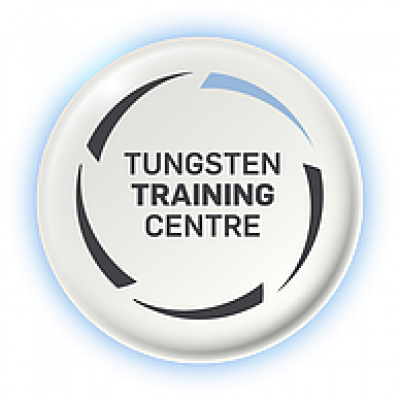
Avanti Training Solutions are pleased to be working in partnership with Tungsten Training Centre Ltd.
Providing First Aid Training to their candidates, on site, at their bespoke training venue located in Southwick, Sussex BN41 1RA
contact: admin@ttcsussex.co.uk
Nuco Trained Qualified Instructor
I have just undertaken my First Aid at Work re-qualification course and become a Nuco Trained, supported Instructor.
Automatically registered for a further 3 years, as an approved instructor as part of their centre approval status with (First Aid Awards Ltd) which is an OFQUAL and SQA regulated Awarding Organisation.
Nuco Training is the UK’s leading independent company that offers specialised Instructor Training with a range of compliance courses including First Aid instruction.
Providing First Aid during Covid-19
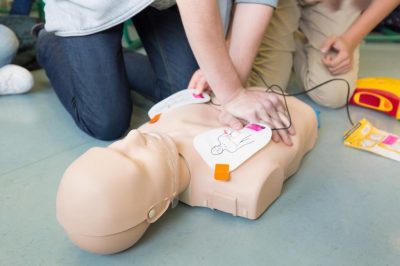
Covid-19 and providing First Aid
During this difficult time people may be more unsure about stepping forward and helping others, mostly as they are concerned about physical contact. Here are some helpful tips on how to make this as safe as possible.
First Aid provision when out in the community
Most first aid is quite simple and the steps to take in an emergency can be described or explained to an injured or ill person so they can help themselves. For example, if they are bleeding heavily, you can ask them to apply direct pressure to the wound whilst you contact 999. If the person can help themselves then it is important to maintain social distancing.
If you do need to help an individual who you are concerned may have an infection, wherever possible encourage others who are not involved in helping to maintain social distance from the individual.
If someone is so severely injured or ill that they are unable to help themselves, it is even more important we step in and try to help if safe to do so. For example, not helping someone who is not responsive or not breathing will dramatically reduce their chance of survival and the risks to the first aider are low, especially if good hygiene practices are followed.
Wear a face mask if available, plus gloves and an apron if these are available too.
Wash your hands directly after any contact with someone.
Following the current government advice around handwashing is known to reduce the risk of infection. Wash your hands thoroughly with soap and warm water for a minimum of 20 seconds or use 60% > alcohol-based hand sanitiser gel if water is not available.
Checking for breathing during Covid-19
When checking if a person is breathing do not listen or feel for breathing by placing your ear and cheek close to the person's mouth. Instead, look for a normal rise and fall of their chest or stomach and normal breathing (not agonal breathing). If you are unsure, assume they are not breathing. Continue with first aid CPR key actions.
Update information from the Resuscitation Council UK can be found here
Update information for first aiders from Public Health England can be found here
*If you fall into one of the identified Covid-19 at risk groups additional caution must be taken.
First Aid Needs Risk Assessment

If you, or your workplace are due to take a refresher first aid or EFAW course, or you are now risk assessing your first aid needs as an organisation following your return to work, then you may want to have a look at this page with guidance from the Health & Safety Executive.
https://www.hse.gov.uk/firstaid/needs-assessment.htm
The HSE cannot tell you what provision you should make for first aid. You, as an employer, are best placed to understand the exact nature of your workplace and decide what you need to provide.
First Aid provision must be ‘adequate and appropriate in the circumstances’. This means that you must provide sufficient first aid equipment (first aid kit), facilities and trained personnel at all times.
In order to decide what provision you need to make you should undertake a first-aid needs assessment. This assessment should consider the circumstances of your workplace, workforce and the hazards and risks that may be present.
The findings will then help you to decide what first-aid arrangements you need to put in place.
In assessing your first-aid needs, you should consider:
- the nature of the work you do
- workplace hazards and risks (including specific hazards requiring special arrangements)
- the nature and size of your workforce
- the work patterns of your staff
- holiday and other absences of those who will be first-aiders and appointed persons
- your organisation’s history of accidents
You may also need to consider:
- the needs of travelling, remote and lone workers
- the distribution of your workforce
- the remoteness of any of your sites from emergency medical services
- whether your employees work on shared or multi-occupancy sites
- first-aid provision for non-employees (eg members of the public).
Content HSE Resource
Obviously get in touch if you want any advice at all. Assessment of needs


